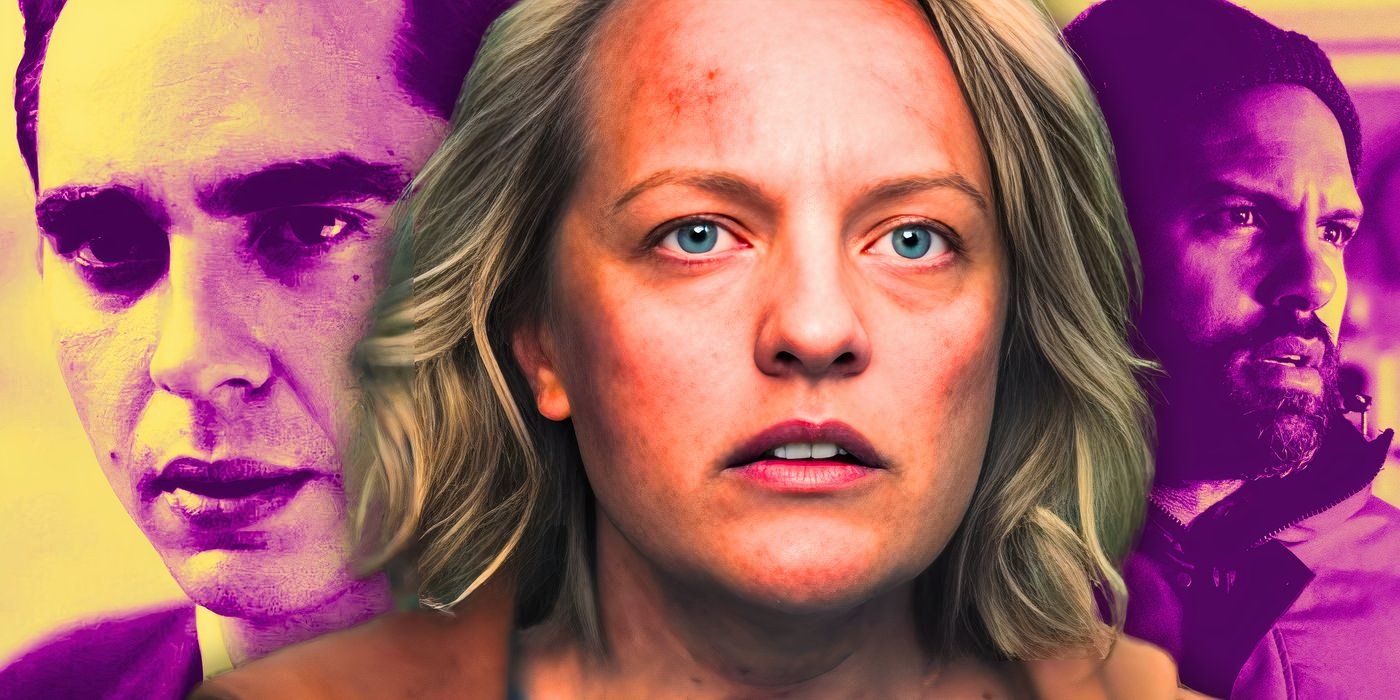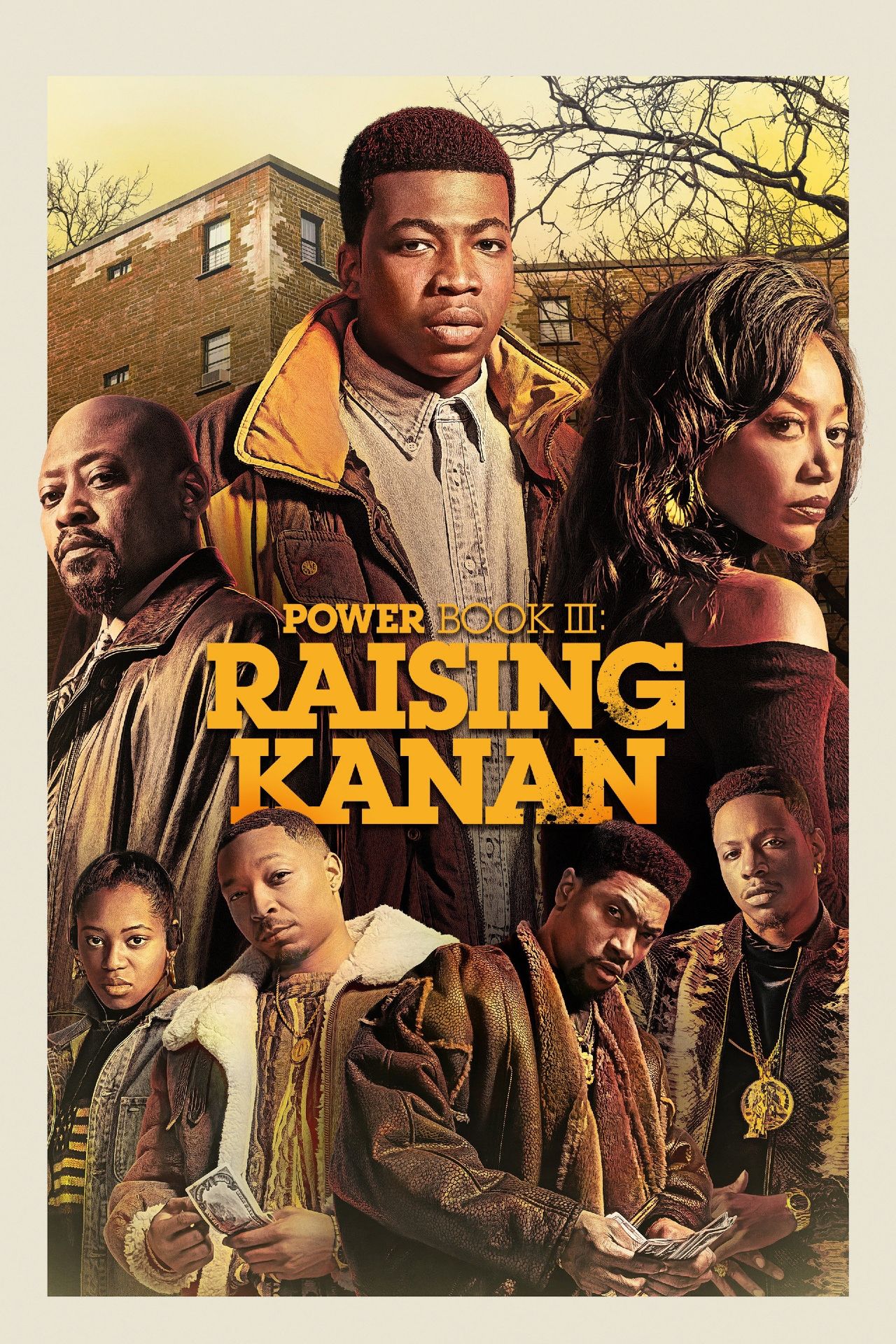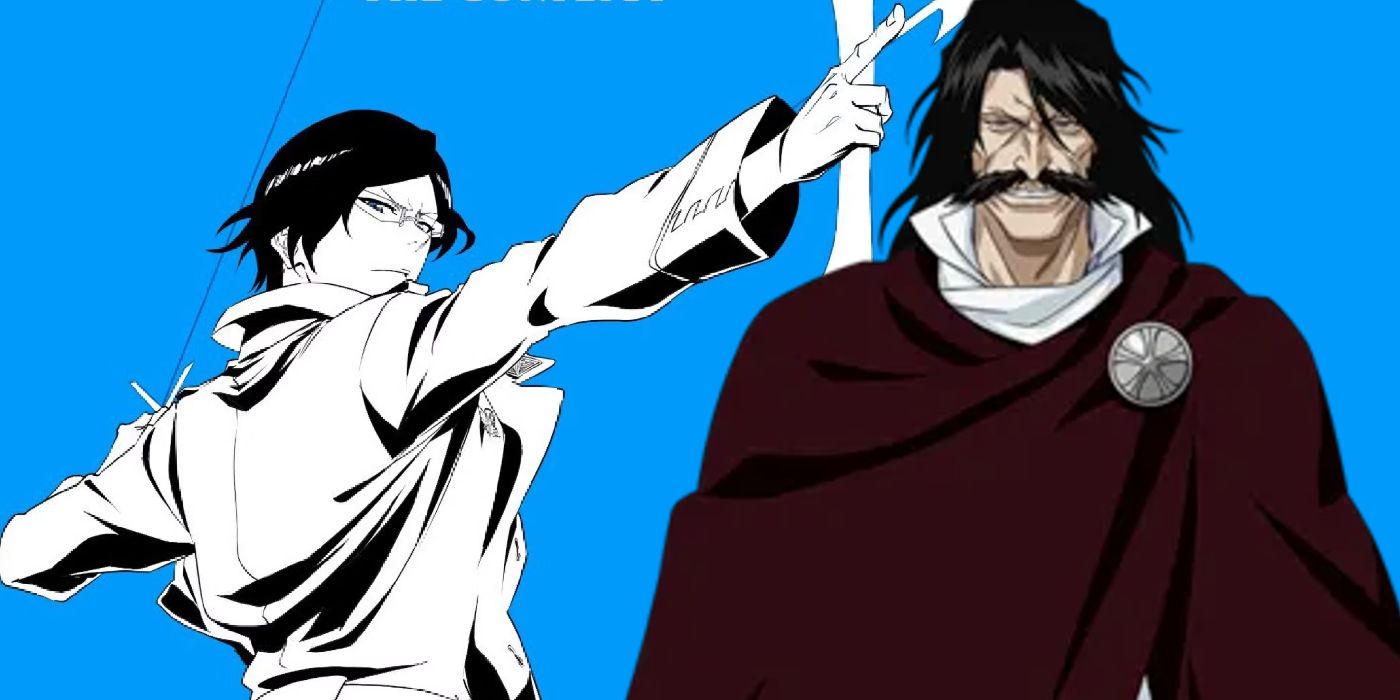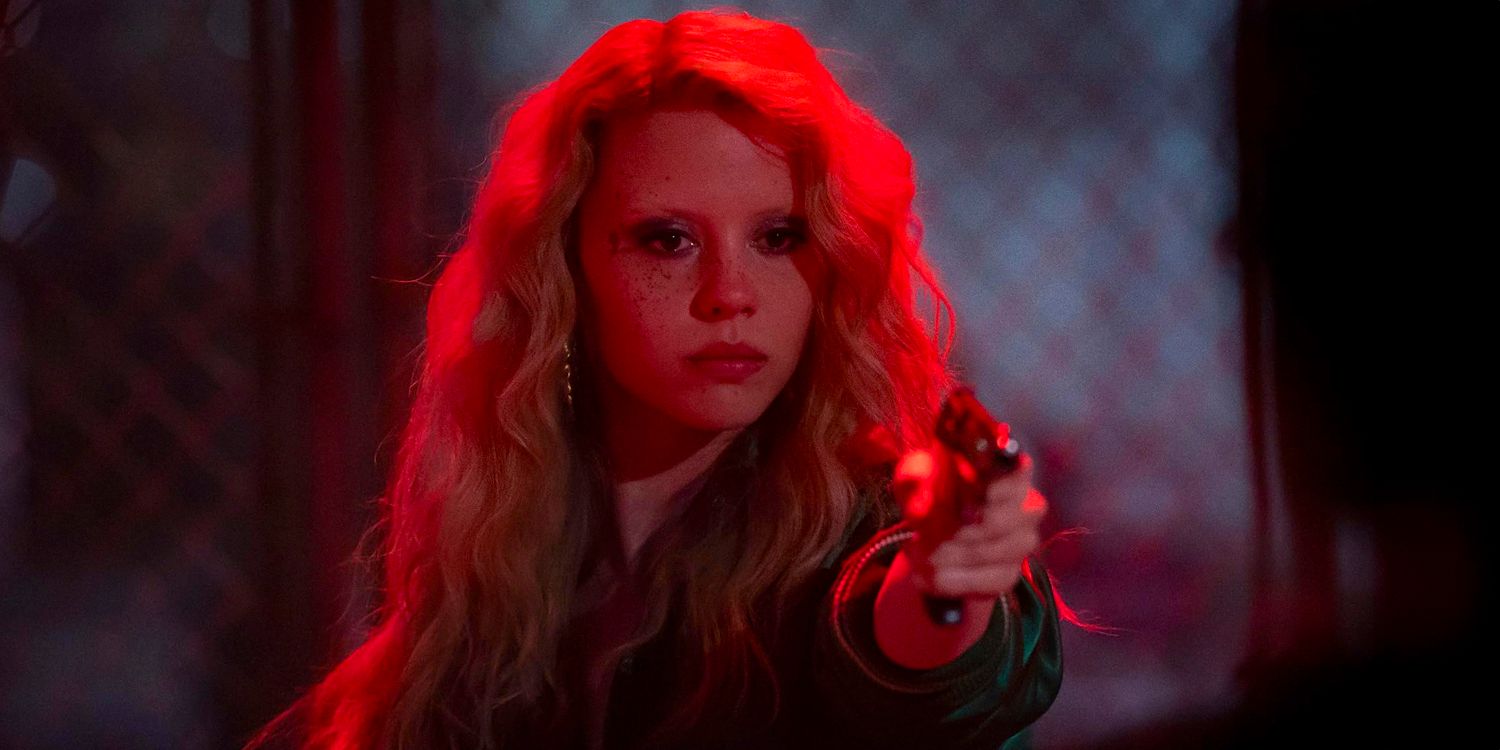When it comes to most World War II dramas, the focus is typically on the soldiers fighting in the war. And while there have also been plenty of films showcasing the horror at the Auschwitz-Birkenau death camp, The Auschwitz Report offers an oft-overlooked angle as it showcases the real-life escape of Alfréd Wetzler and Rudolf Vrba (previously known as Walter Rosenberg), who would go on to write the Vrba-Wetzler Report, which detailed exactly what was going on at the death camp. The film, directed by Peter Bebjak from a screenplay he co-wrote with Jozef Pastéka and Tomás Bombík, is urgent, effective, and also deeply painful.
The historical drama follows Wetzler (Noel Czuczor) and Vrba (Peter Ondrejicka), Slovak Jewish prisoners at Auschwitz who took note of all the cruelty carried out by the Nazis, who are estimated to have killed one million people at the death camp. The film documents their plan to escape, but they face a dilemma after their absence is noticed by Nazi commanders. Trapped beneath slabs of wood for days as the commanders take out their anger on the other prisoners — whipping them, leaving them out in the cold, burying them in the dirt with only their heads above ground, starving them — Wetzler and Vrba bide their time until it is safe to leave in the hopes that their escape will urge the resistance to stop what’s going on.

The Auschwitz Report is the kind of film that is distressing to watch but offers an important, and often overlooked, account of the daily atrocities at the concentration camp. Peter Bebjak heightens the tension, escalating the horror for the prisoners as they are forced to face the ire of the cruel and increasingly desperate commanders, all of whom insidiously blame the most miniscule of inconveniences on them. The film is visceral and matter-of-fact when it comes to showing the prisoners’ experiences. There is nothing purposefully showy about the story — the horrific, despairing elements are there in the realities of what happened at Auschwitz and with the harrowing escape of Wetzler and Vrba.
All of these things are shown with care and given the detail they deserve without sensationalizing it for the sake of dramatic exaggeration. The devastating events, the prisoners’ experiences, and the film’s direction effectively do the work to deepen the story. The cinematography of Martin Žiaran is striking, utilizing orange hues of light while the remainder of the camp is bathed in darkness to amplify the prisoners’ horrific mistreatment, all while the camerawork makes things devastatingly personal for Wetzler and Vrba, making their claustrophobic hideout at Auschwitz and the subsequent exhaustion and fear following their escape all the more intense.

Once they escape and find their way to the resistance, one of the most crucial scenes in the final third of the film sees Wetzler and Vrba convincing Warren, a skeptical Red Cross representative (played by John Hannah), who wants evidence of the atrocities despite the eye-witness accounts. The scene is exemplary because of the emotion throughout, but also because it speaks to the modern day in which people still want evidence of various cruelties committed despite survivors explaining their experiences, begging to be believed. The Auschwitz Report offers a closer, more detailed look at this dark portion of history, and asks, like Wetzler does Warren at the end of the film after the latter receives the information, what those in power are going to do about it?
The Auschwitz Report is playing in limited theaters as of September 24, 2021. The film is 94 minutes long and is not rated.



